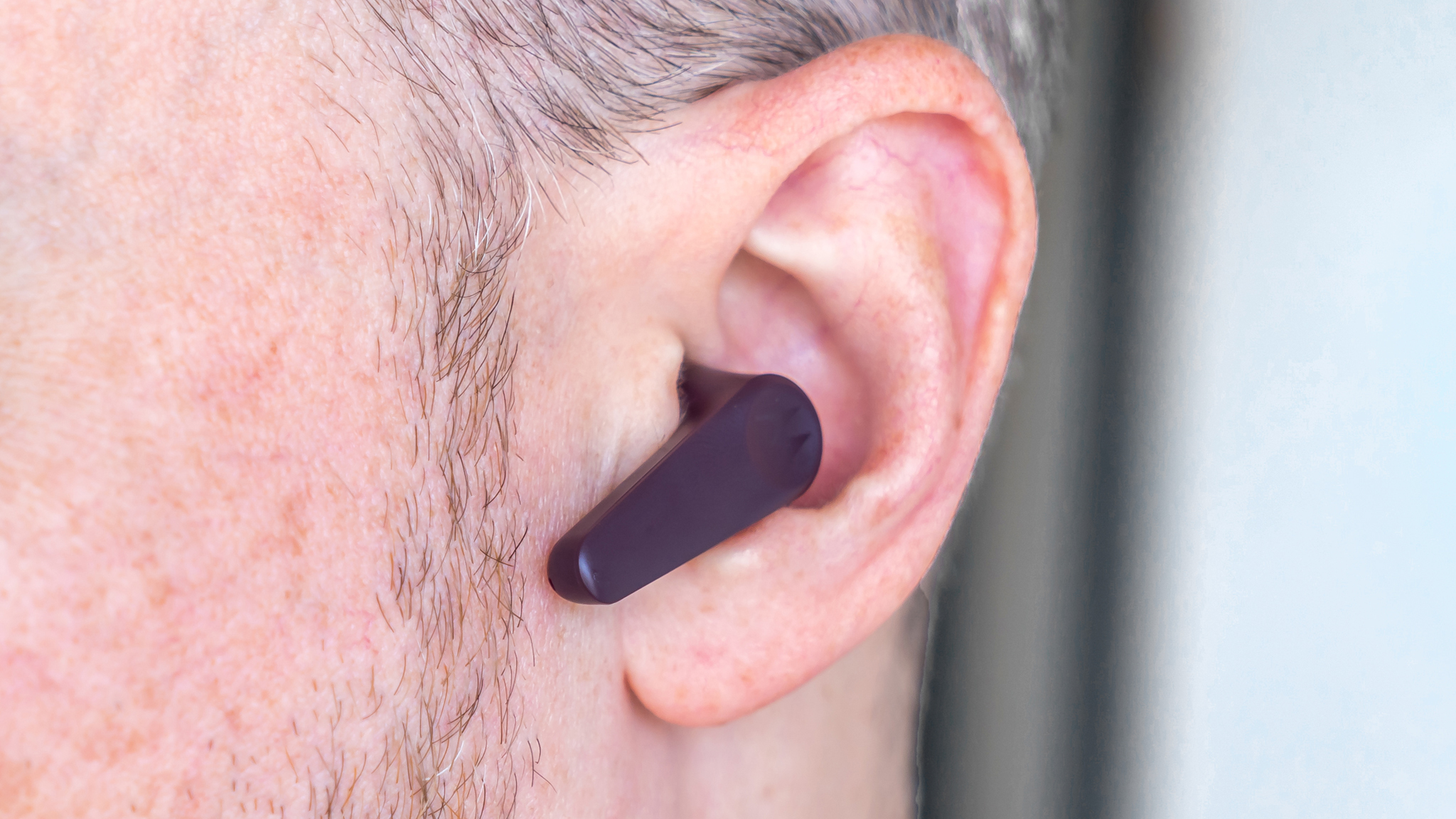[ad_1]

What you need to know
- Google’s research team has developed new technology that converts existing ANC earbuds into heart rate monitors.
- The acoustic sensing system, referred to as APG, works with off-the-shelf noise cancelling hearables with a software upgrade.
- The technology apparently works even while music is playing and will not impact the earbuds’ battery life.
As we know, ANC earbuds offer a range of benefits, including reducing background noise and increasing concentration. But now, there appears to be an added feature to include on the repository of advantages provided by noise-canceling buds: heart rate monitoring.
Google published a research paper that details a new experimental technology that can turn any existing ANC earbuds into cardiac monitors through a software update without the need for any hardware.
In the research study titled “APG: Audioplethysmography for Cardiac Monitoring in Hearables,” the tech giant describes the technology as “a novel cardiac monitoring modality” that can be used with off-the-shelf hearables. This new approach relies on audioplethysmography — or APG, for short — which uses ultrasound techniques to measure heart rate.
Basically, the approach works by bouncing a low-density ultrasound signal off the inside of the ear canal while the tiny microphone that allows ANC detects skin surface perturbation as blood pumps through it.
“We observed that, as the volume of ear canals slightly changes with blood vessel deformations, the heartbeats will modulate these ultrasound echoes,” Google said in the abstract.
The company highlighted that the tech even works while music is playing on the earbuds or while the body is in motion in an activity like running. Further, the ultrasound approach is reportedly “resilient to variation in: skin tone, sub-optimal seal conditions, and ear canal size.” The tech giant adds that using the technology will not impact your earbuds’ battery life.
Google explains that it conducted an eight-month-long field study with 153 participants to evaluate APG in various conditions. The study found that the APG approach maintains a considerably high level of accuracy, with a median error rate of only 3.21% for heart rate and 2.7% for heart rate variability. The tech giant adds that its findings were reviewed by the company’s internal health team, product team, user experience (UX) team, and legal team.
In terms of future research, Google’s research team will focus on testing the APG approach in more rigorous physical activities such as hiking, weightlifting, boxing, and HIIT (high-intensity interval training).
Currently, we have heart rate monitoring in the best Android smartwatches, which use light pulses to measure blood activity. However, as the approach is known to have its limitations, Google began exploring other approaches to bring cardiac monitoring to hearable tech.
[ad_2]
Source link

Leave a Reply